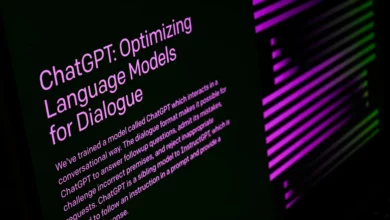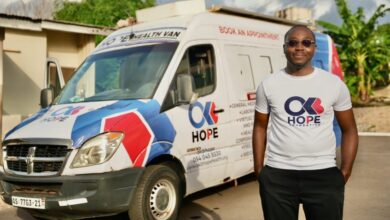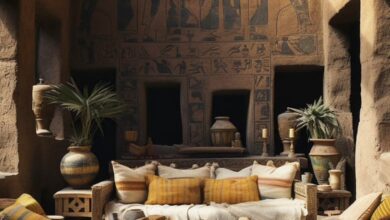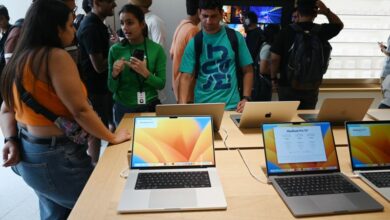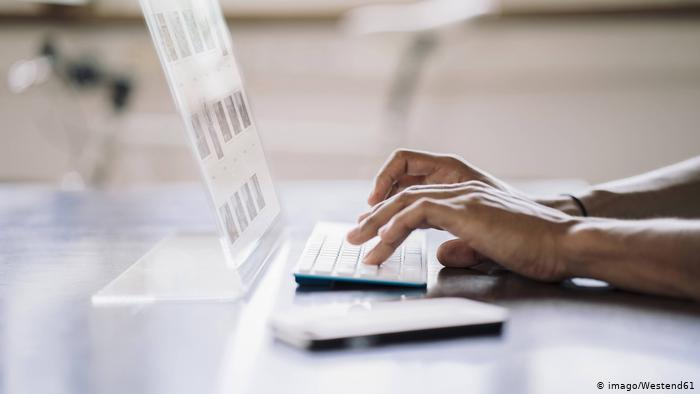
On a recent Saturday, more than 20 young Ghanaians gathered in a room in the capital Accra.
They were there to to learn how to use an online tool called Content Translator to translate and edit English Wikipedia articles into the local Akan language.
Akan, also known as Twi, is spoken as a first language by around 11 million Ghanaians, or some 40 percent of the population. Another 40 percent use Twi as their second language. Akan is also spoken by around eight million people in parts of neighboring Ivory Coast.
But materials in the language are extremely limited – something the project organizers want to change with their ‘translatathon’.
The language you speak shapes your experience of the internet
“We want to do this as a way of preserving our indigenous languages and as a way of encouraging Ghanaians to take pride in speaking and writing our local languages,” said Zita Ursula Zage, who led the first workshop session.
The project has been organized by a group called the Global Open Initiative foundation, with support from the Wikimedia Foundation and the Pan-African digital news media company, Africa Feeds Media.
Wikipedia is one of the world’s most popular websites. But the free online encyclopedia only exists in fewer than 300 of the world’s estimated 6,000 to 7,000 languages.
Read more: Wiki foundation wants to ‘decolonize the Internet’ with more African contributors
The statistics for Twi are dismal. Currently, Wikipedia has 648 pages written in Twi, with many only including a few lines of information, whereas a staggering 5.8 million Wikipedia entries are written in English.
Enormous effort needed to shrink the digital language divide
Volunteer translator Stephen Dankwa is keen to add to the amount of online information available in Twi.
“I saw that it was a great opportunity to be able to tell the stories our own way and also in our own languages. That is why I am here,” he told DW.
For others, it’s also a way of protecting the Akan (Twi) language.
“I love Twi because it’s my language,” volunteer Jemima Antwi told DW.
“Our language is part of our culture and we can never do away with our language – that is why I am part of this session.”
Read more: Ghana is undergoing a multi-level digital disruption
More translatathons are planned in the coming months. The initiators hope the project will gain a momentum of its own and continue without formal workshop sessions.
“At the end of this project we are hoping that a community will evolve, which is the Twi Wikipedia community,” said Zage.
“So it shouldn’t end here but we should have more editors coming on board the Twi Wikipedia to help increase content.”

